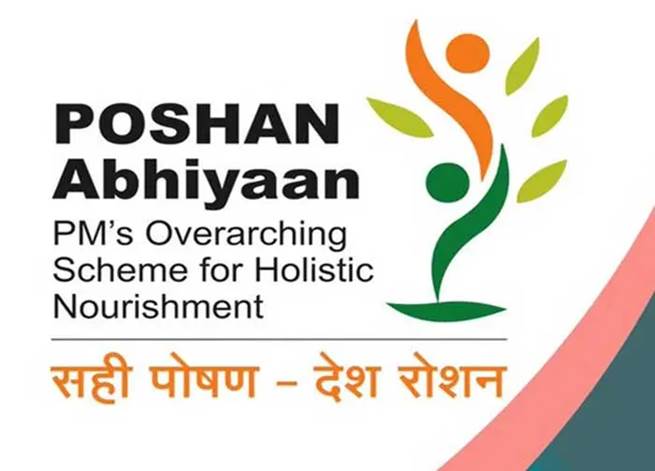Free Courses Sale ends Soon, Get It Now


Free Courses Sale ends Soon, Get It Now



Copyright infringement not intended
In News
Details
Poshan Schemes
National Food Security Act, 2013
© 2024 iasgyan. All right reserved